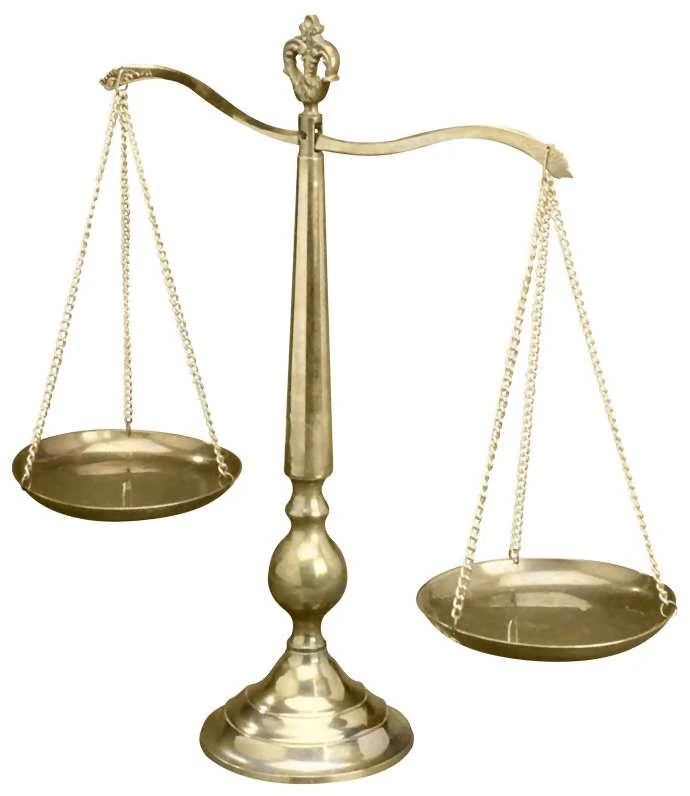You have undoubtedly heard or seen the outcries that music and art programs are being cut from school budgets and why this is bad for the kids. But there's a good chance that you don't comprehend what YOU are missing out on, if you don't dance. It's not all artsy-fartsy, it is just as practical, maybe even more so, than the other two "must-learns" in this series. Don't believe me? Read on.
Dance has been a part of almost every culture since the beginning of civilisation, and for that reason among others, represents more diversity than the diversity of the world's languages and religion combined. Two people dancing the same genre can have their own incredibly unique stylizations, and new forms of dance spring up, especially in densely populated regions, all the time. At the core, it is aerobic, so it's good for the heart and a great way to lose weight. But it's so much more than other aerobic activities, because it is expressive, mentally challenging (in a fun way, of course) and uses varying muscle groups at different times and in different styles. You learn about yourself and become more aware of your surroundings as you learn to dance. Have you ever been in line at a grocery store or similar setting, and had been bumped into multiple times by someone whose back is to you? I would say that this lack of spacial reasoning can be alleviated with dance and experience on the stage or in a crowded dance floor. It's a personal pet peeve of mine, and a compelling reason to me to keep (better yet, increase) the arts in schools.
Science Tells Us to Dance
Look, there are a lot of artistic aspects of dancing, but that doesn't mean
science is absent from it. Children at very young ages intuitively move, clap and wiggle when they hear music they presumably enjoy. So it's built into our DNA. Nobody, or at least almost nobody, is literally born with two left feet. If you can walk (and even for many who can't walk), the capability is there; whether it comes easily or with great difficulty may depend on how much  musical background you have, but you can always start developing it now. As we get older, we need dance even more; compared to other physical activity like walking or biking, dancing activates more parts of the brain, keeping us mentally healthier, and reducing the chances of dymentia and alzheimer's.
musical background you have, but you can always start developing it now. As we get older, we need dance even more; compared to other physical activity like walking or biking, dancing activates more parts of the brain, keeping us mentally healthier, and reducing the chances of dymentia and alzheimer's. Society Tells Us to Dance
At many traditional types of weddings, one of the first acts of a newly married couple is the first dance. We start much earlier than, with school dances being a major part of the traditional high school experience. There are several popular
TV shows dedicated to dance competitions, such as Dancing with the Stars, So You Think You Can Dance, and Abby's Ultimate Dance Competition. Amazing Race challenges often also involve local dance styles. Dancers perform at top award shows, during half time for basketball and football games, and in music videos. Football players themselves express touch down victory through their unique end zone dances. There are many popular quotes about dancing like nobody is watching and the like. My favorite of these is, "It's not about waiting for the storm to pass, it's about learning to dance in the rain." I don't think it's meant to be taken literally, but if you do learn to dance in the rain literally, then you can learn to handle the things life throws at you.
To me, one of the most compelling reasons to learn to dance, besides the health benefits, is that dance is so social. Whether it's a girls' night out at a hot night club or a ballroom dance workshop, relationships can be forged in the comraderie of dancing experiences. I think dance teaches you to be comfortable in your skin, and gives you confidence, and when you have that then you can go out dancing by yourself and make friends. I met my boyfriend at a dance workshop that I attended by myself not too long after a rough breakup. If I had needed someone to go to the workshop with me, I either wouldn't have gone at all, or I wouldn't have put myself out there nearly as much. But because I went alone, he and I started talking, and we were dating within a week or so. Guys I've met otherwise, in school, at bars, through online dating, haven't worked out for me in the long run.
Employers Tell Us to Dance
Creativity is one of the most valuable assets to employers. Communication skills is another. Ability to learn and adapt is also valuable. Dance may not be on most job requirements, but it can enhance and develop these crucial
characteristics. Many styles of dance entail both choreography and improvisation, and each of those develops different abilities. When improvising, you have to literally think on your feet, recalling your vocabulary of moves and stringing them together in a fresh way. When learning choreography, you have to take in information quickly, commit it to memory, repeat it back and adapt as variations and styling are added. Sometimes you have to break habits, we call muscle memory, in order to perform the given choreography, which again is a challenging mental exercise. Creating and teaching choreography also require adapting, strong communication skills and creativity.
In addition to the valuable skills you learn through dance, having dance on your resume can set you apart. Your potential employer may have had dance experience, or have a son or daughter or niece or uncle who dances, and it can create an instant point of connection and interest other than your work in your day job. When I say I dance, people almost always want to know more, like what style and where do I dance, how did I get into it, etc. It's a great way to show that you're more than a (fill-in-the-blank) worker, with an artistic and very human flair.
Get Started
I won't try to hide my bias; I think a great way to start is by taking some east coast swing dance lessons. It's fun, doesn't require crazy hip movements or stiff arm positions, and it can be danced to different tempos of music. Maybe best of all, you get to pair off with members of the opposite sex, because it is a very social dance.
Lindy hop and Charleston are very closely related to east coast swing, and blues, balboa are somewhat related. So if you get involved with one, you'll probably get exposure to the others, and eventually want to learn them as well so you can go in and out of them seamlessly.
I believe it is important to study multiple kinds of dance, even just a little of each. I've found that I can incorporate bits and pieces from one style into another, and having a broad vocabulary of dance styles allows me to also pick up new styles easier. Other styles I've enjoyed taking classes in include hip hop, tribal belly dance and pole dance. The only downside is that those are less social, more about performing alone or with a group.
Lots of people enjoy salsa and the various related styles as much as I enjoy
swing. Both swing and salsa have whole communities with various venues in many regions, meaning you can pick up those styles and go dancing several nights a week if you want. Interestingly, there are many moves that are shared between salsa and swing, and simply stylized differently. So if you've gotten good at one, it's not as hard to learn the other.
There's so much more I haven't even touched on here, but to wrap up, I'll summarize by reiterating that dance is good for your physical health, mental health, social life and work life. And yes, it can be a spiritual activity to, so it is good for your soul. I dare you to find another activity or topic that applies to so many aspects of our lives. Mind, body, heart and soul, what else is there? Just dance.







/gettyimages/2015/kid_worklove_getty_crop_march_2015.jpg)














